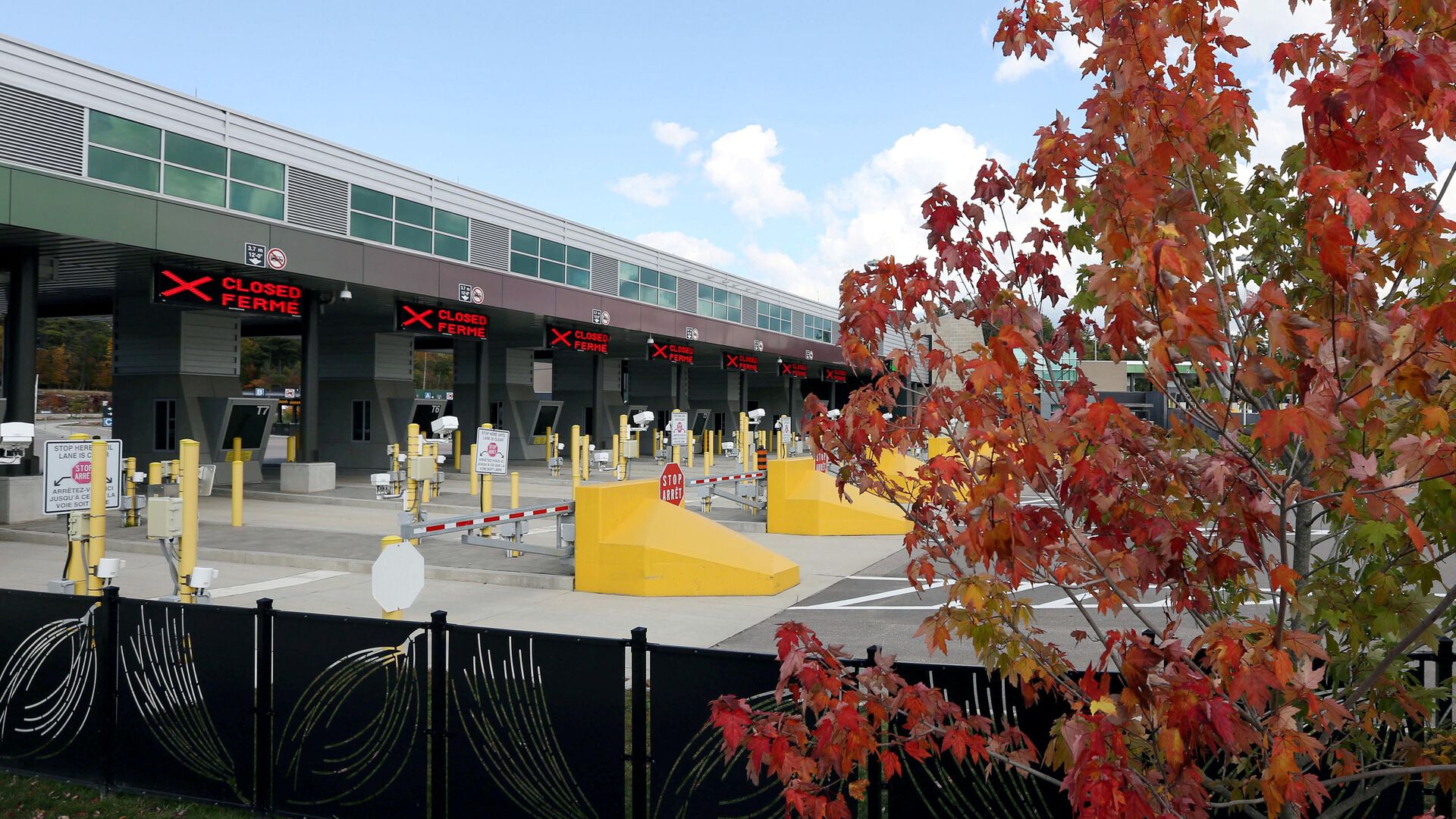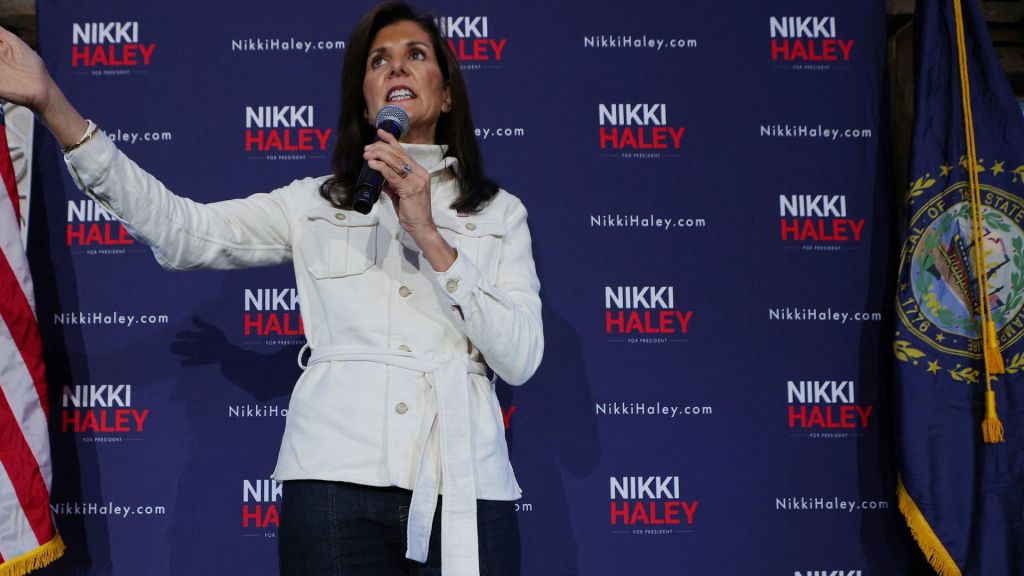
Ruben Hernandez, taxi driver: “I’ve been driving for 20 years and I think the reopening of the border is very good for the economy and for us, for everyone.”
Satish Sharma, perfume store owner: “Before closing (the border) I had a lot, I can say, like going more than 150,000 (dollars) in a month minimum. So now I have 80,000 (dollars a month), like 50%. And I hope now maybe when it’s open maybe I’ll have more than 150. I expect the people may be long time no buy anything, maybe they’ll buy more, I hope.”
Mayor Todd Gloria, (D) San Diego: “As our country’s largest border city, San Diego is, of course, linked happily with our partners in Mexico. For too long, the restrictions at our border have separated families, have devastated businesses that rely on cross-border travel.”
“It’s hard to quantify. The San Ysidro Chamber of Commerce has identified hundreds of businesses that have closed, they believe directly as a result of the travel restrictions, and that’s measured in millions of dollars and that’s in one neighborhood.”






